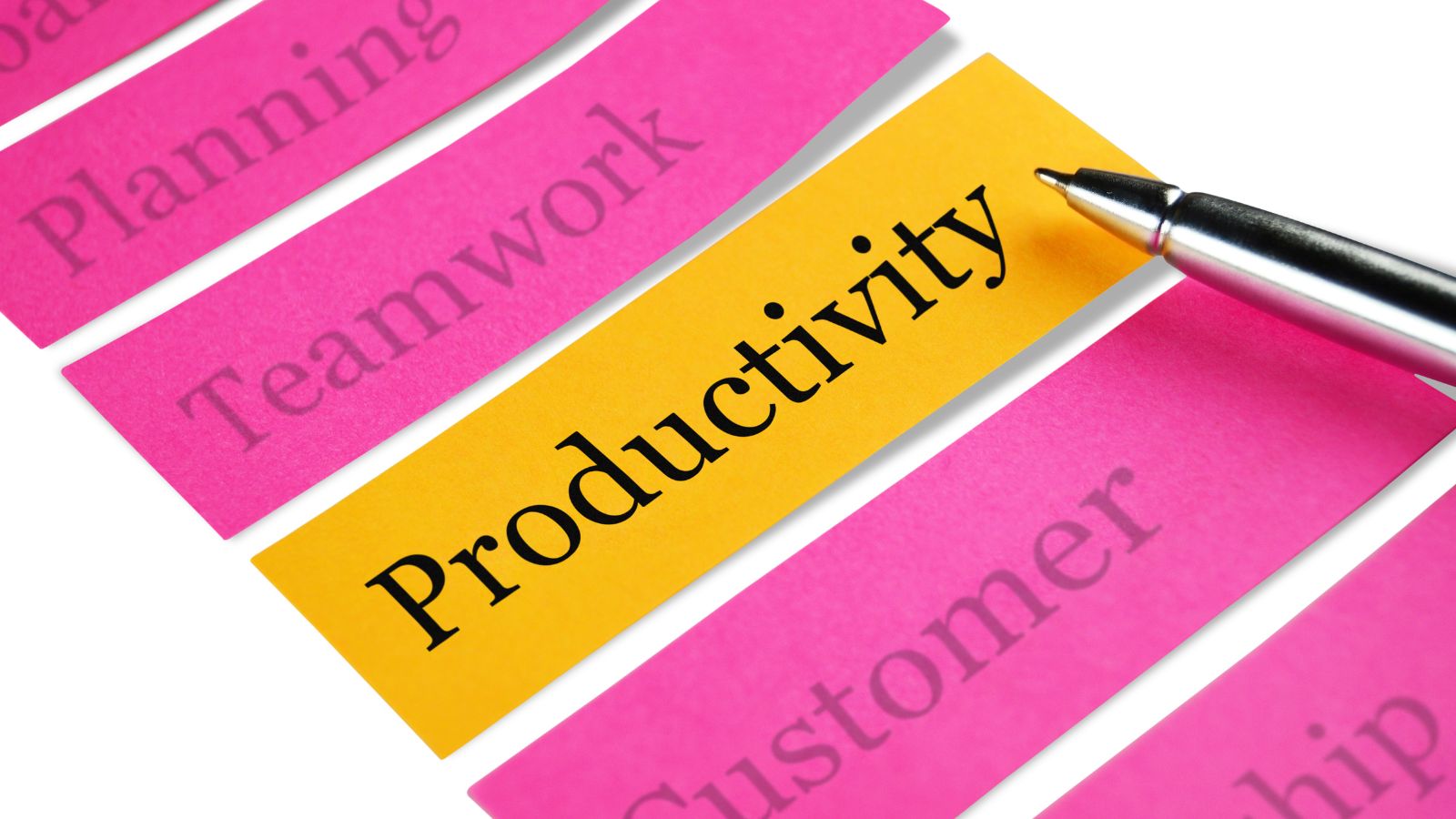
When people talk about productivity, they usually focus on personal output, project deadlines, or business efficiency. But productivity has another impact that often gets ignored: your reputation. How you manage time, deliver work, and respond under pressure influences how colleagues, clients, and even the public see you.
So here’s the question. Can better productivity actually improve your reputation? The answer is yes, and here’s how to make it happen.
Why Productivity and Reputation Are Connected
Reputation is built on trust. Productivity proves reliability. If you consistently hit deadlines, people see you as dependable. If you miss them, even for valid reasons, trust begins to slip.
In business, this connection is clear. A Harvard Business Review study found that employees who are seen as both productive and trustworthy are promoted 20% faster than peers. It is not just about output. It is about perception.
Even online, productivity has an effect. For example, when legal case records appear on sites like Justia, professionals often want to make sure their reputation balances those listings with positive work and visible achievements. Productivity-driven results, such as published research or industry contributions, help shape that narrative.
What Hurts Productivity and Reputation
Missed Deadlines
One missed deadline may be forgiven. A pattern of them labels you as unreliable. Clients notice. Managers notice. Colleagues start to expect delays.
Poor Communication
Failing to update stakeholders is just as damaging as missing deadlines. Silence creates uncertainty. People assume the worst.
Multitasking Overload
Juggling too many tasks lowers quality. A rushed presentation or half-finished project does more damage to reputation than saying no to extra work.
Burnout Signs
When productivity collapses because of burnout, reputation suffers too. Colleagues may see it as lack of resilience, even when it is actually lack of balance.
How to Boost Productivity and Strengthen Reputation

Step 1: Prioritise What Matters Most
Not every task carries equal weight. Focus on projects that directly influence reputation—client deliverables, high-visibility work, or leadership opportunities. Use tools like Eisenhower’s Matrix to sort tasks by urgency and importance.
Step 2: Communicate Early and Often
If something may be delayed, tell stakeholders as soon as possible. Transparency often preserves reputation, even when results are late. People appreciate honesty over silence.
Step 3: Use Time Blocking
Block focused time on your calendar for major projects. Treat it like a meeting with yourself. Consistent focus builds a record of quality output, which reinforces how others see you.
Step 4: Build Systems, Not Just Effort
Productivity is not about working harder. It is about designing systems that prevent errors. For example, using task management software that sends reminders reduces missed deadlines. That consistency becomes part of your reputation.
Step 5: Protect Recovery Time
Respected professionals do not only deliver. They sustain performance. Taking breaks, setting boundaries, and protecting rest time keeps productivity stable long term.
How Businesses Can Apply This
For companies, productivity and reputation connect directly through customer experience. A SaaS business with reliable uptime earns trust. A marketing agency that delivers reports late loses it.
One London-based consultancy improved its client reputation by tightening internal productivity. They reduced meeting time, adopted project management software, and trained staff on clear communication. Within six months, client satisfaction scores rose by 18%.
Productivity and Online Perception
Search results often mix personal achievements with outside commentary. Positive productivity outcomes—published work, customer reviews, or successful projects—can fill page one with strong signals. Negative or neutral content loses impact when balanced with clear achievements.
This is why professionals often combine productivity improvements with reputation management. When your work speaks for itself, it gives reputation firms more positive material to highlight.
Mistakes to Avoid
- Overpromising: Taking on too much destroys both productivity and reputation.
- Ignoring reviews: Customer or peer feedback is a form of public productivity scoring. Respond to it.
- Chasing efficiency only: Output without quality makes you look careless.
Tools and Services to Support Both Productivity and Reputation
Erase
Best for protecting reputation. Erase works to remove harmful online content and strengthen positive assets in search results. Pairing productivity-driven achievements with Erase’s reputation work creates a stronger presence.
Semrush
Best for content tracking. Semrush helps you monitor how published work ranks in search, showing how your productivity in content creation affects visibility.
Brand24
Best for monitoring mentions. Brand24 alerts you when people discuss your work online, whether in reviews, forums, or articles. This helps you respond quickly and stay on top of perception.
Together, these tools create a loop: deliver strong work, track how it is seen, and protect your reputation from harmful noise.
Actionable Recommendations
- Audit your productivity: Track missed deadlines, response times, and communication gaps.
- Set weekly goals: Focus on three high-impact tasks instead of spreading thin.
- Automate reminders: Use tools to manage deadlines and follow-ups.
- Track perception: Monitor reviews, mentions, and search results monthly.
- Celebrate wins: Share achievements publicly to reinforce your reputation.
Final Thoughts
So, can better productivity actually improve your reputation? Absolutely. Productivity proves reliability. Reliability builds trust. Trust strengthens reputation.
When you manage tasks, communicate clearly, and consistently deliver, people begin to associate your name with dependability. Online, those same achievements fill search results with positive proof.
Erase, Semrush, and Brand24 can help amplify and protect that presence. But the foundation comes from daily habits: prioritising, communicating, and sustaining output.
Reputation is not only about what people say. It is also about what you deliver. And productivity is the most consistent way to deliver a story worth sharing.